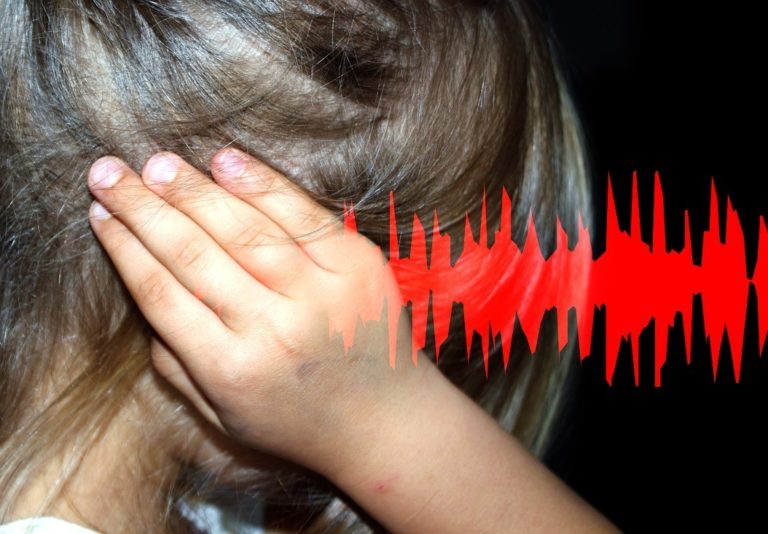

Get access to everything we publish when you
sign up for Outside+.
Your job, family commitments and other stresses collide into a great big bundle of stress. Forty-three percent of Americans say stress causes them to either overeat or choose unhealthy foods, according to a poll done by the American Psychological Association. “Food and the act of eating is soothing for most people,” says Joyce Corsica, Ph.D., Associate Professor and Clinical and Health Psychologist at Rush University Medical Center in Chicago.
Why does food become our security blanket when life gets tough? It could be for a variety of factors, Corsica says. “The biochemical effects of the food (for example, carbohydrates are relaxing for most people), or because people get pleasure from eating and/or from eating highly palatable foods. They taste good and that feels good. There is also the fact that eating can distract you from stress; you’re essentially getting a little time out. And, finally, the sense of fullness or satiety can also be pleasurable. It is important to know that stress-eating can become a habit very quickly, because each of these forces is very powerful.”
Luckily, you can control these factors. Corsica and her colleagues tested three approaches: a modified mindfulness-based stress reduction (MBSR) program, a cognitive-behavioral treatment that they developed especially for stress eating for this study, and a treatment that was a combination of the other two. While all of the treatments lessen stress-eating, they concluded that the combination treatment produced slightly better results. “The combination yielded more reduction in stress eating and, interestingly enough, more weight loss. We think it packed a one-two punch,” Corsica says of the findings.
How to Put it Into Practice
Here are some ways to put that combination into practice according to Johns Hopkins Department of Psychiatry and Behavioral Sciences.
- Pay attention to timing. A John Hopkins study showed that the afternoon and evening time may be a high-risk period for overeating, especially when paired with stress exposure. So plan ahead and have healthy snacks available or eating enough ahead of time so you’re not starving.
- Practice mindful eating. This will be a lifestyle change. Dr. Lilian Cheung, a nutritionist and lecturer at Harvard T.H. Chan School of Public Health says, By truly paying attention to the food you eat, you may indulge in these types of foods less often. In essence, mindful eating means being fully attentive to your food — as you buy, prepare, serve, and consume it.”
Mindful Eating Steps
- Come to the dinner table hungry, but never starving. If you skip meals, you may be tempted to eat anything to fill your stomach rather than eating mindful, healthy choices.
- Start with smaller portions, and fill your plate back up if still hungry.
- Appreciate your food. Pause for a minute before delving into your meal and think about all the ingredients, work and effort that went into the food.
- Take small bites and put your utensil down while chewing.
3. Identify your triggers. Everyone is different, so recognize your own triggers and plan accordingly. For example, some people stress eat when they are sad or angry. Other’s overeat when they’re in social settings to enhance the fun. Another common trigger is overeating around screens like TV or computers.
4. Seek help. If you feel like stress/emotional eating is overtaking your life, talk to your physician about finding a nutritionist or therapist to talk to. Sometimes professional help is the best answer!
How Does This All Work?
And here is why: Learning mindfulness strategies helps to increase awareness of one’s own emotional states. At the same time, the cognitive-behavioral aspect of the intervention helped people develop specific skills for managing their response to stress. “They learned how to maintain good nutrition, choose other distracters, problem-solve, use cognitive restructuring…. and the key was, not only did they learn them, but they practiced and refined them under typical conditions of stress in their lives,” she says.
The best part is that anyone can learn these strategies. Corsica recommends the book, 50 Ways to Soothe Yourself Without Food and other MBSR tricks like the ones here. Also, it is important to identify stress management strategies that work for you and master them. (Here are two you might want to try.)
Most importantly, Corsica says try not to feel trapped—as if you can’t cope in any other way but eating. “You may feel as though you are powerless around food. And this can quickly spiral out of control once there is weight gain,” she says. “Our research has shown that there are some great ways to break this cycle.”
Published at Fri, 21 Jan 2022 02:46:01 -0800






